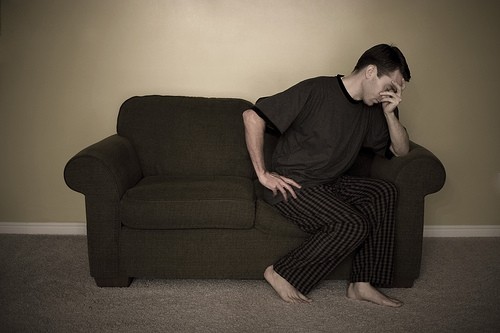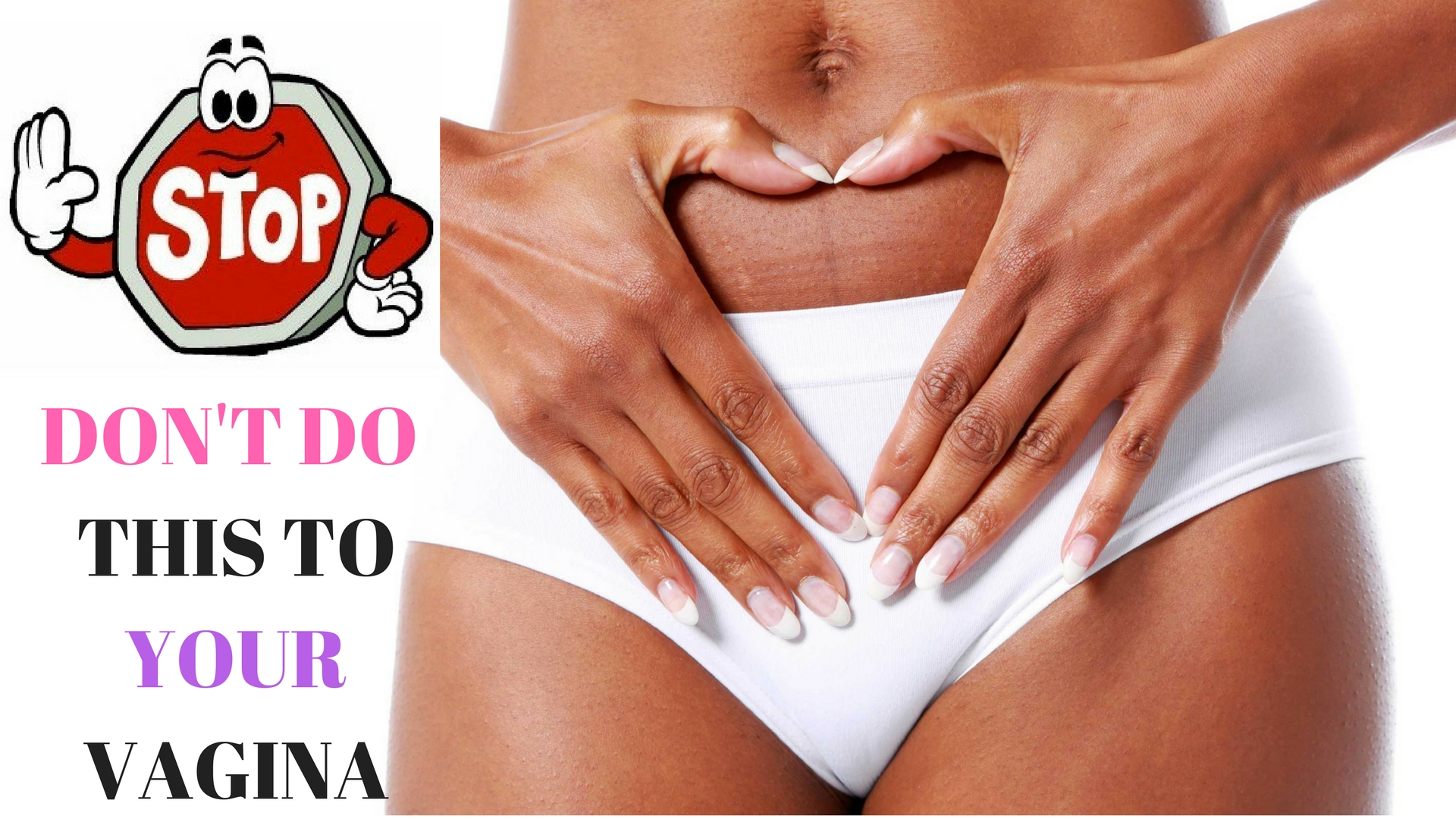Sexual intercourse, or coitus or copulation, is principally the insertion and thrusting of the penis, usually when erect, into the vagina for sexual pleasure, reproduction, or both
While you may have engaged in sex for a duration of time, and want to practise abstinence, it is also necessary to pay attention to your body as you may experience some changes.

Some of the signs attributed to abstinence include:
Your stress levels go through the roof
According to Psychology Today, the endorphins released during sex are ideal for leaving your worries behind and putting an instant smile on your face. So when you’ve gone a while without sex, you might notice that your stress level builds. It’s not only those endorphins that help reduce stress levels, it’s those movements of the body during sexual intercourse.
Sex can be a form of exercise, which we all know fights off stress and anxiety, so if you aren’t getting any these days, try not to skip your cardio workouts.
If it wasn’t bad enough that without sex you’re feeling overstressed, you might also have high blood pressure. One study determined that those who had sex over a two week period had significantly lower blood pressure levels than those who were without sex or even compared those who masturbated or participated in sexual activities that excluded intercourse. So even taking care of things yourself or making out a bit won’t help your stress levels very much. In this case, women actually do need a partner.

Your immune system suffers
Seems like having sex provides some key benefits to our health, but when we’re not rolling around in the sheets with our partner, we actually are more susceptible to illness too.
According to the Mayo Clinic, the DHEA, or Dehydroepiandrosterone, a hormone is released during arousal, with even more released when you orgasm. This hormone gives your immune system a bit of a boost, helping your body to fight against bacteria, viruses, and other pretty nasty germs.
While not having sex certainly doesn’t mean you’re going to come down with some major illness, you’ll be missing out on some of these other great benefits as well.
The DHEA hormone is also said to act as an antidepressant, make your skin look great, help repair any damaged skin tissue faster, and even increase apprehension and learning abilities.
A study of college students also found higher levels of immunoglobulin A, an antibody that is important for immune function, in those who had sex at least once or twice a week when compared to those who didn’t. So, no sex means no antibody to fight off that flu!
You feel depressed
Abstinence can lead to depression as Psychology Today reported on a study in which 293 SUNY Albany female students were surveyed on their sex habits, such as frequency and whether or not they used a condom. They then gave the same women the Beck Depression Inventory to determine their moods and level of depression.
Turns out those who were having sex without a condom were significantly less depressed than those who were using condoms or not having sex at all. When the mood elevating compounds found in semen are absorbed by the vaginal walls, they can literally cheer a woman up.
A break in sexual intercourse is also often due to a breakup, which can cause depression on its own. Dr. Lauren Streicher, author of Sex Rx: Hormones, Health, and Your Best Sex Ever explains, “You might be depressed because your boyfriend cheated on you and your life is in the toilet, but the specific lack of sexual activity is in no way going to cause [clinical] depression, even though there’s a high correlation

Your vaginal walls weaken
It seems that over the age of 50 or so, women risk not feeling any pleasure during sex if they don’t have intercourse regularly. Typically, the vaginal walls will get thin and weaken to the point of tearing while entering menopause, making sex extremely painful.
The best way to prevent this from happening is to keep doing the nasty well into retirement. Dr. Streicher told Reader’s Digest that thinning of the vaginal walls is due to lack of blood flow, which can be increased by sexual arousal and penetration.
“Older women who are not having intercourse are more likely to have thinning and drying of the tissues,” she said. “A big part of this is blood flow, and we know increased activity increases blood flow.”
If painful sex isn’t bad enough, a side effect of the weakening of a woman’s vaginal walls is difficulty creating natural lubricant, making sex after a long dry spell not only painful but frustratingly dry. In this case, doctors have said if you don’t use it then you will lose it, so end your dry spell and hop in bed with your partner ASAP! You’re never too old to get your freak on.

You won’t contract an STI…most likely
We’ve all had our scares and found ourselves sitting in a health clinic, admitting to a stranger in a lab coat how many partners we’ve had over the years and listing all the symptoms we’re experiencing that have convinced us we’re infected. Usually, it’s just a yeast infection or the result of some seriously tight jeans, but not having sex means you no longer have to worry — about most STIs at least.
While abstaining from sex is the only way to be sure you won’t get HIV, many people don’t know that you can contract by some infections through practically any form of sexual contact. That’s right, you can get herpes from simply making out with someone.


